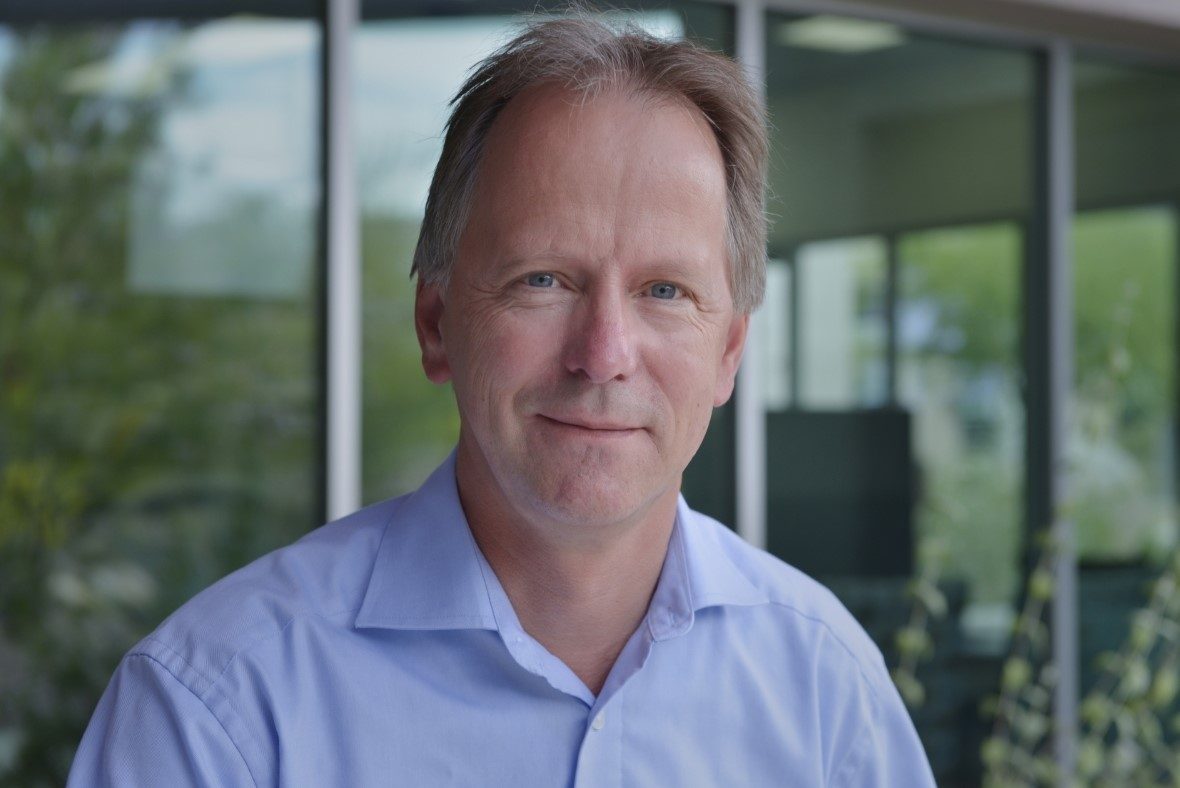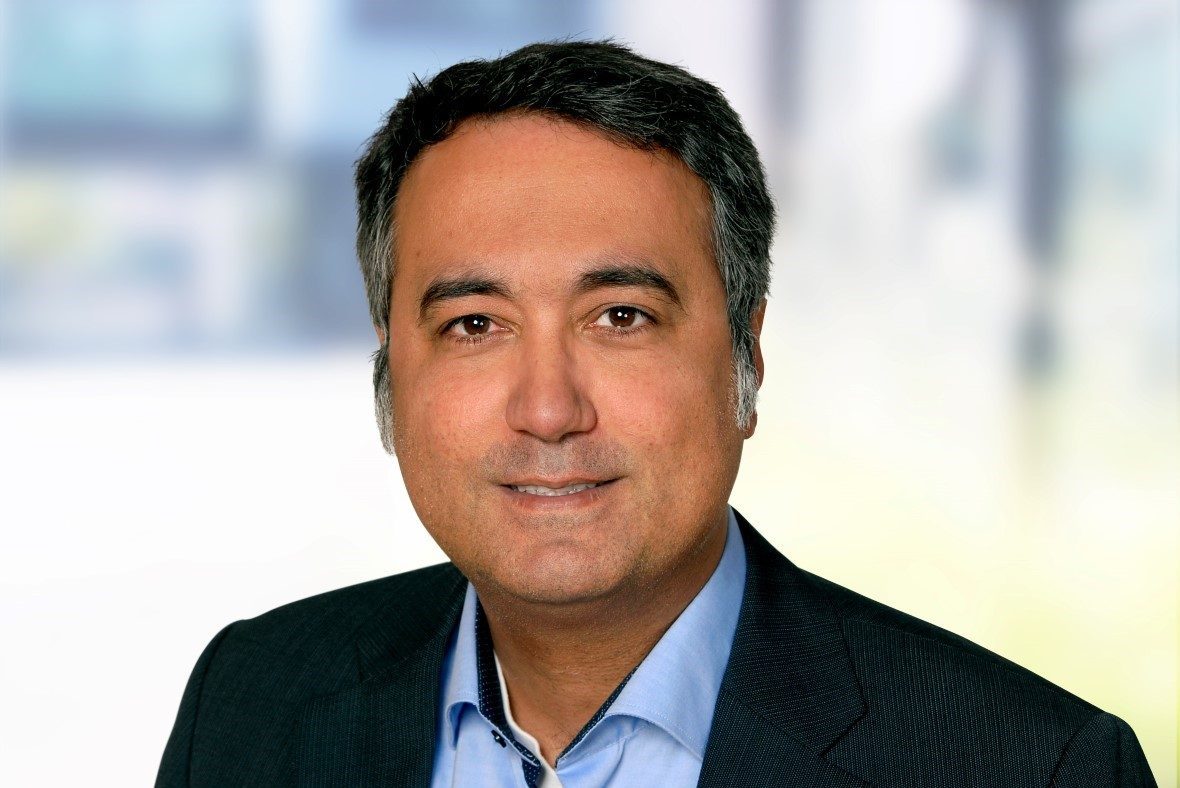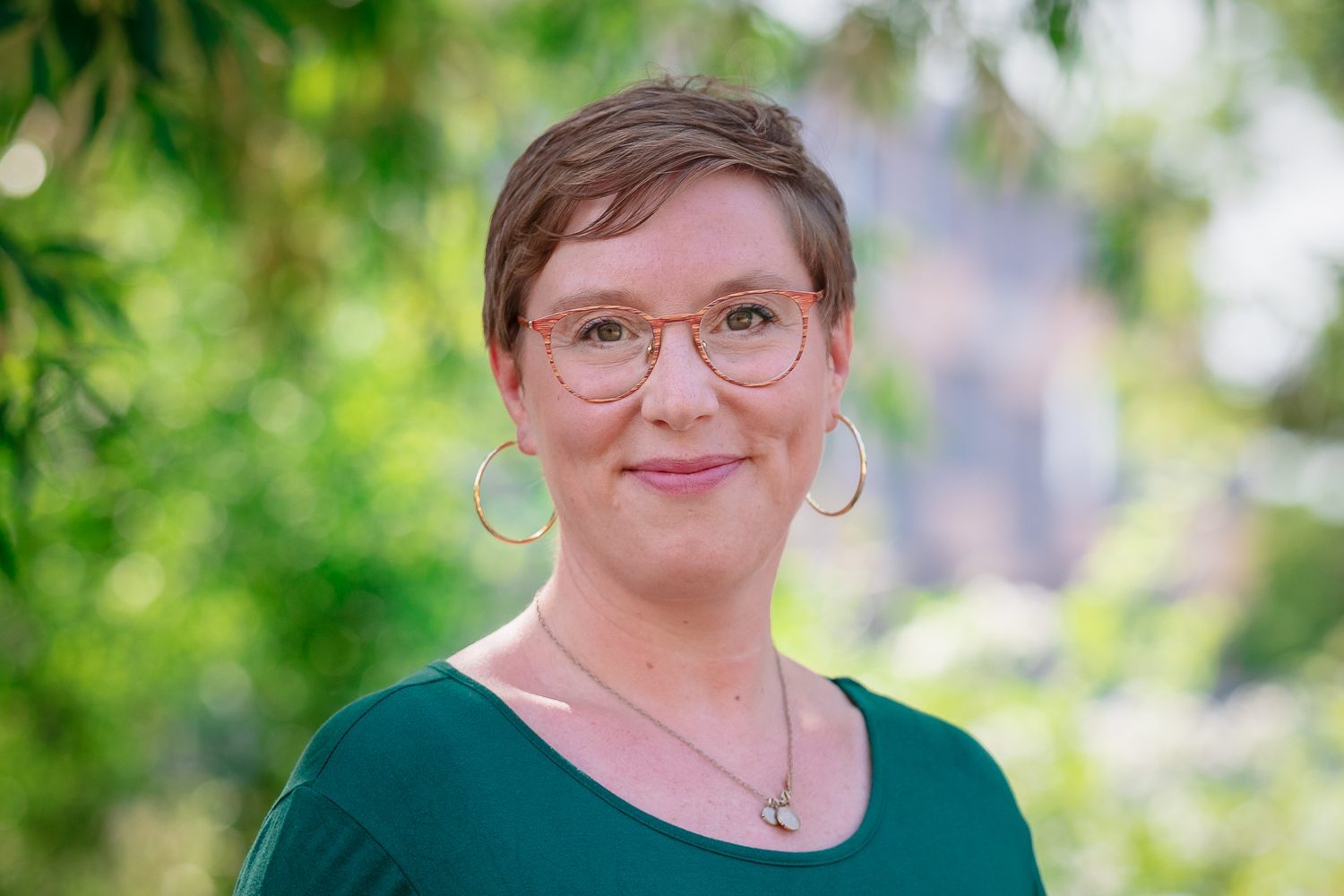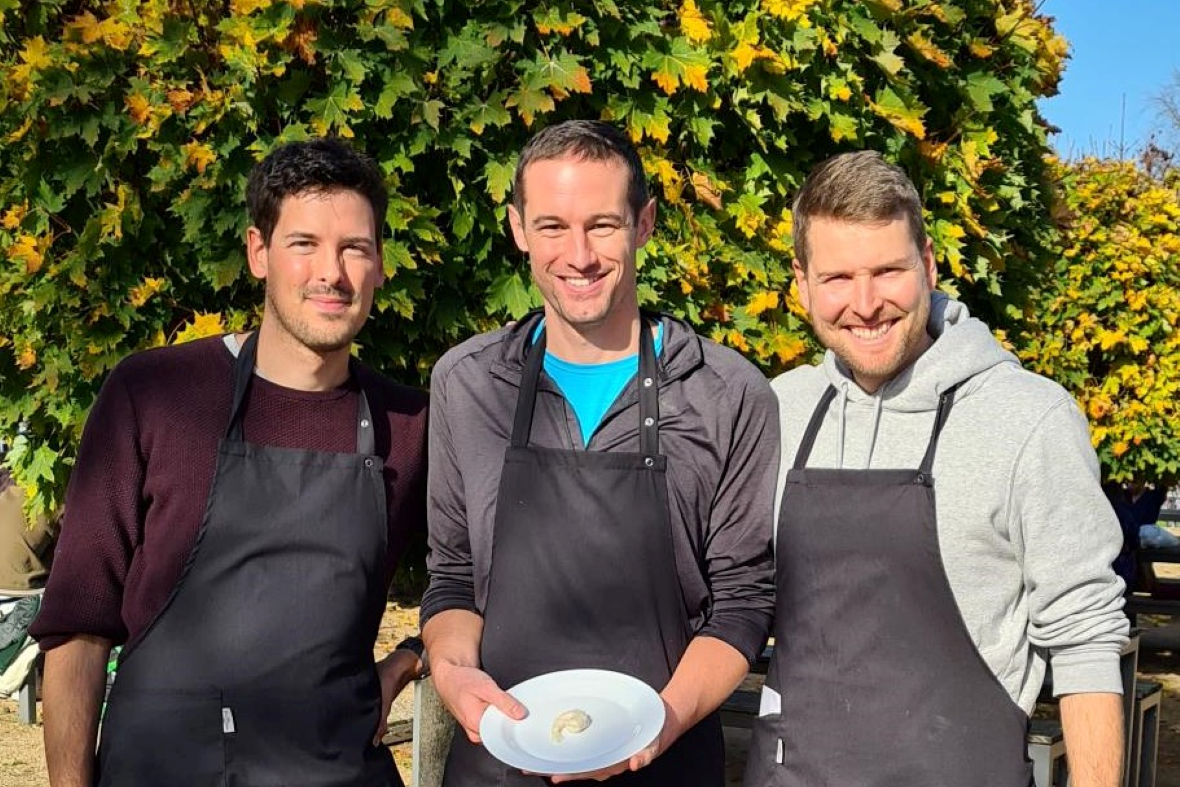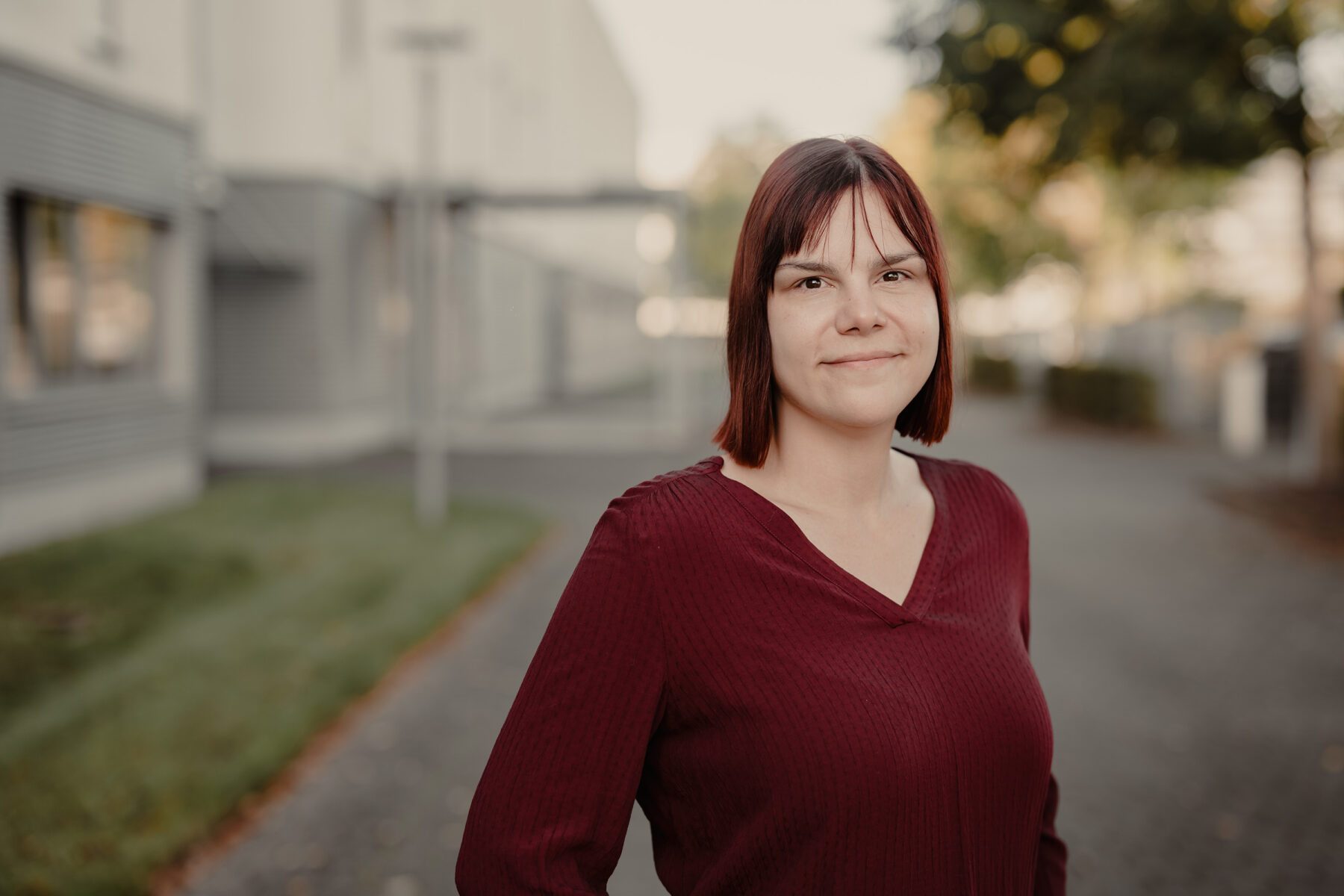
3 questions with the innoFSPEC transfer lab: »Cutting-edge research does not find its way into practice naturally. Its transfer has to be fostered.«
The innoFSPEC transfer lab is dedicated to transferring knowledge from science to industry. At the lab, researchers and innovation departments of industrial companies meet to jointly test and further develop the application of latest research results, as well as to bring new products and technologies to market maturity. In our interview, research associate Dr. Anne…
Read more
